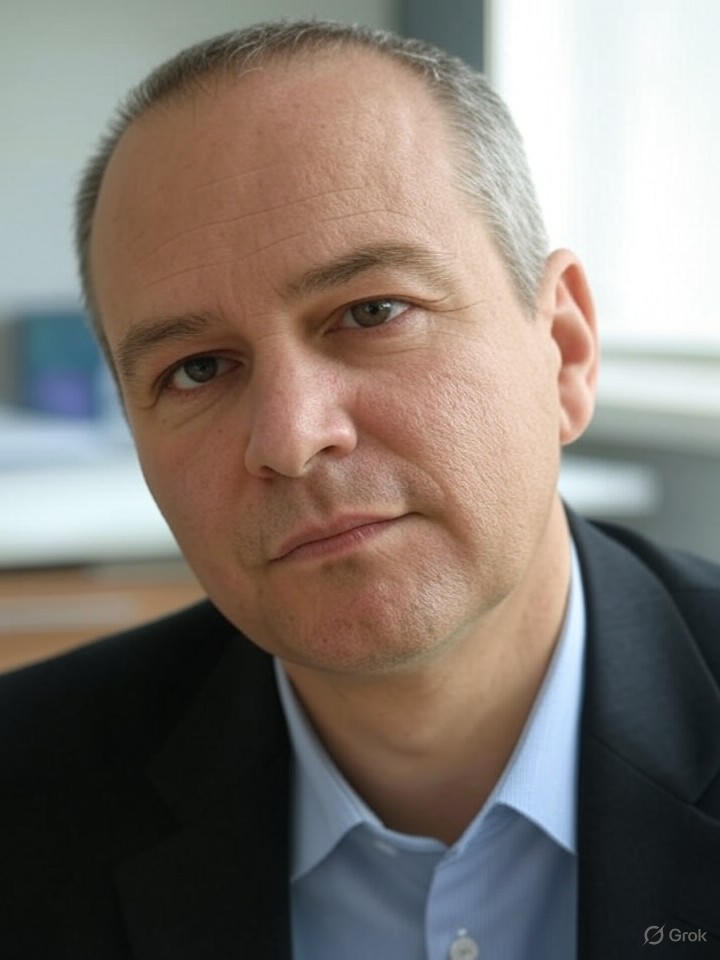Health
LSD Trial Shows Promise in Reducing Anxiety for 12 Weeks

In a significant development for mental health treatment, a clinical trial has revealed that lysergic acid diethylamide (LSD) can substantially reduce symptoms of generalized anxiety disorder (GAD). Conducted by **Mind Medicine Inc.**, the midstage trial involved **194 participants** who received a single dose of 25 to 200 micrograms of LSD. The results, published in a reputable medical journal, demonstrated that the participants who received the optimal dose of **100 micrograms** experienced a **21-point decrease** in anxiety scores on a standardized scale, compared to just **14 points** for those given a placebo. Notably, the positive effects persisted for up to **12 weeks**.
This trial represents a pivotal moment in the ongoing research into psychedelics, reviving interest in a substance historically shunned since its prohibition in the 1960s. The findings underscore LSD’s potential to provide rapid and sustained relief for individuals suffering from anxiety, a condition that affects millions globally. Current treatments, primarily antidepressants, only work for about half of patients, highlighting the urgent need for alternative therapies.
Historical Context and Study Findings
The success of this trial builds on LSD’s previous applications in psychiatry prior to its cultural backlash. Researchers found that **65%** of participants receiving the **100-microgram** dose achieved a clinically significant response, with nearly half of them entering remission. While mild side effects such as hallucinations and nausea were reported during the supervised sessions, no serious adverse events occurred.
In **2024**, the **Food and Drug Administration (FDA)** granted breakthrough therapy designation to Mind Medicine’s LSD formulation, accelerating its journey towards potential approval. This designation reflects the agency’s recognition of the urgent need for effective treatments for anxiety disorders, particularly as no new drugs have been approved since **2007**.
Shifting Attitudes Toward Psychedelics
The recent resurgence of interest in psychedelics aligns with changing political attitudes. **Robert F. Kennedy Jr.**, the Health Secretary, has been a vocal advocate for exploring these compounds for mental health applications. His support follows earlier FDA setbacks for other psychedelics, such as MDMA for post-traumatic stress disorder (PTSD). This shift in perspective may facilitate the acceleration of phase 3 trials already underway in the United States and Europe, potentially leading to LSD’s first medical approval in over fifty years.
Despite the promising results, challenges remain. Critics highlight the subjective nature of psychedelic experiences, which complicate blinding in clinical trials. Mind Medicine plans to address these issues in larger studies, with data expected by **2026**. The focus on generalized anxiety disorder positions LSD as a potential disruptor in a market predominantly occupied by pharmaceuticals like selective serotonin reuptake inhibitors (SSRIs).
As self-experimentation trends grow, regulated approval for LSD could standardize access and enhance safety measures, as noted in previous reports on microdosing trends.
The potential for LSD’s approval has generated excitement in the biotech sector, with Mind Medicine’s stock witnessing a surge following the trial results. Analysts suggest that if phase 3 trials confirm the compound’s efficacy, it could significantly alter treatment paradigms, offering hope to the **26 million Americans** grappling with anxiety disorders.
Nevertheless, experts caution that widespread adoption will require navigating regulatory scrutiny and shifting public perceptions. Historical studies, such as a **2019** phase 1 trial by Eleusis on LSD for Alzheimer’s disease, have laid the groundwork for future research, but scaling psychedelic therapy will demand a robust infrastructure for supervised administration.
As research progresses, the story of LSD exemplifies the reevaluation of substances once deemed taboo. With increasing support from political figures and cautious optimism from the FDA, the field of psychedelic therapy is on the brink of significant growth. Success in LSD trials could pave the way for other compounds, such as psilocybin, reshaping how society approaches mental illness through innovative, mind-altering treatments.
-

 Technology5 months ago
Technology5 months agoDiscover the Top 10 Calorie Counting Apps of 2025
-

 Health3 months ago
Health3 months agoBella Hadid Shares Health Update After Treatment for Lyme Disease
-

 Health3 months ago
Health3 months agoErin Bates Shares Recovery Update Following Sepsis Complications
-

 Technology4 months ago
Technology4 months agoDiscover How to Reverse Image Search Using ChatGPT Effortlessly
-

 Technology1 month ago
Technology1 month agoDiscover 2025’s Top GPUs for Exceptional 4K Gaming Performance
-

 Technology3 months ago
Technology3 months agoElectric Moto Influencer Surronster Arrested in Tijuana
-

 Technology5 months ago
Technology5 months agoMeta Initiates $60B AI Data Center Expansion, Starting in Ohio
-

 Technology5 months ago
Technology5 months agoRecovering a Suspended TikTok Account: A Step-by-Step Guide
-

 Health4 months ago
Health4 months agoTested: Rab Firewall Mountain Jacket Survives Harsh Conditions
-

 Lifestyle5 months ago
Lifestyle5 months agoBelton Family Reunites After Daughter Survives Hill Country Floods
-

 Technology4 months ago
Technology4 months agoHarmonic Launches AI Chatbot App to Transform Mathematical Reasoning
-

 Health3 months ago
Health3 months agoAnalysts Project Stronger Growth for Apple’s iPhone 17 Lineup











